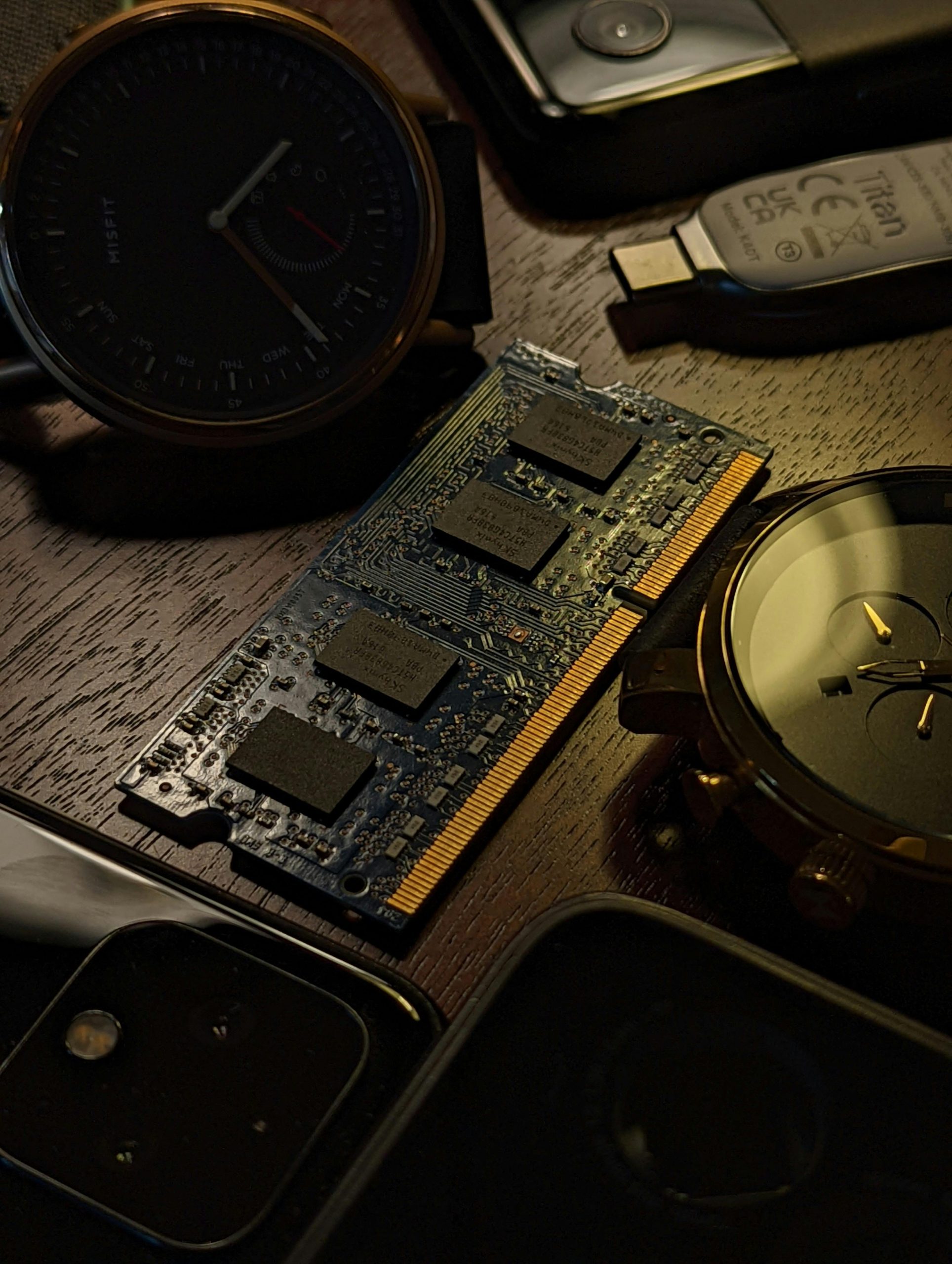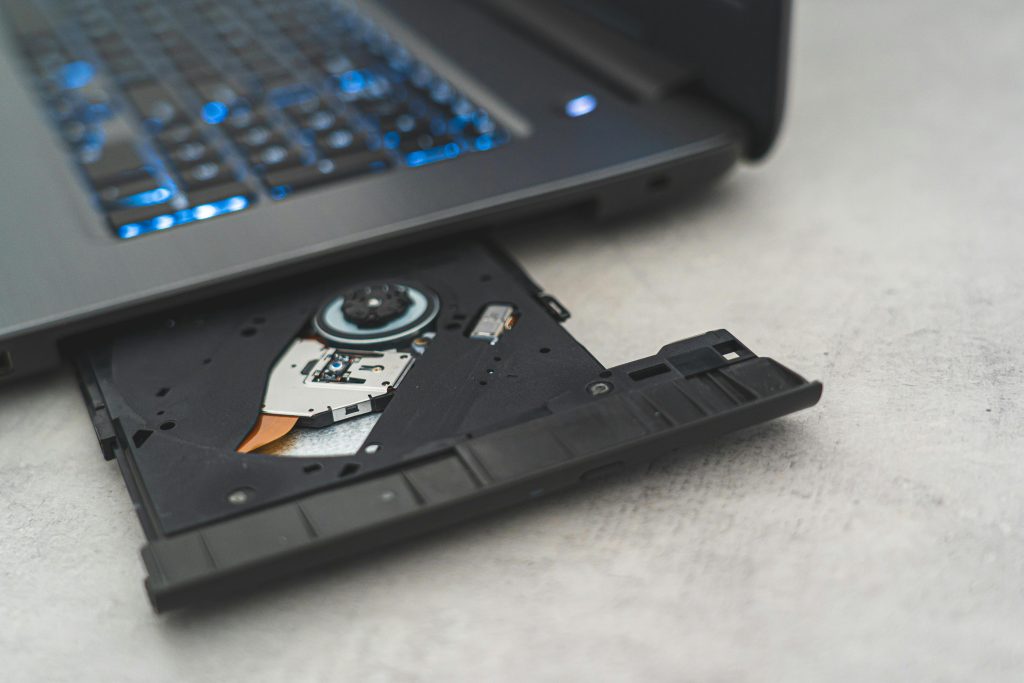Troubleshooting PC Boot Issues: Peripherals Not Powering On Despite Motherboard Beep Codes
When building or upgrading a PC, encountering boot-related problems can be frustrating, especially when peripherals and the monitor don’t power on, and diagnostic indicators such as motherboard speaker beeps don’t seem straightforward. In this article, we explore a common scenario where a user experiences no peripheral power despite a functioning motherboard, yet the motherboard’s speaker emits beep codes indicating a specific error.
Case Overview
A user recently acquired an ASRock Z170 Extreme4 motherboard paired with a power supply unit (PSU) and encountered difficulties in getting peripherals and display output to activate. Notably, the motherboard’s internal speaker emitted three beeps when no RAM was installed. However, with RAM installed, there were no beep signals, yet peripherals remained unresponsive.
Troubleshooting Steps Undertaken
The user conducted several standard troubleshooting procedures:
-
Tried multiple RAM sticks in different slots
-
Checked for physical damage, such as bent CPU pins
-
Ensured all cables and connections were secure
-
Tested with minimal hardware configuration: CPU, one RAM module, PSU
-
Confirmed BIOS was up to date, as the retailer previously tested the CPU and motherboard compatibility with a different processor
System Specifications
-
CPU: Intel Core i5-7500
-
RAM: TeamGroup T-Force 8GB DDR4 3600MHz
-
Motherboard: ASRock Z170 Extreme4
Key Observations
-
Motherboard’s speaker emitted three beeps without RAM installed
-
No beeps when RAM was installed
-
Peripherals and monitor remained unpowered or unresponsive
Analysis and Recommendations
The 3-beep code from the motherboard suggests a RAM or memory-related POST (Power-On Self-Test) error. In typical Intel-based systems, different beep codes indicate specific issues; three beeps often point to a RAM problem or memory detection failure.
Possible causes include:
-
Faulty RAM modules: Though multiple sticks were tested, it’s possible that both are defective or incompatible.
-
Incompatible BIOS version: Although the retailer tested the CPU, some motherboards require a BIOS update to support specific CPU models or memory configurations.
-
Motherboard or CPU seating issues: Even if physical inspection showed no damage, rechecking component seating is advisable.
-
Motherboard defect: Hardware failure can cause faulty beep codes and boot issues.
Next steps to resolve the issue:
- Verify BIOS Version: Check whether the BIOS firmware
Share this content:



